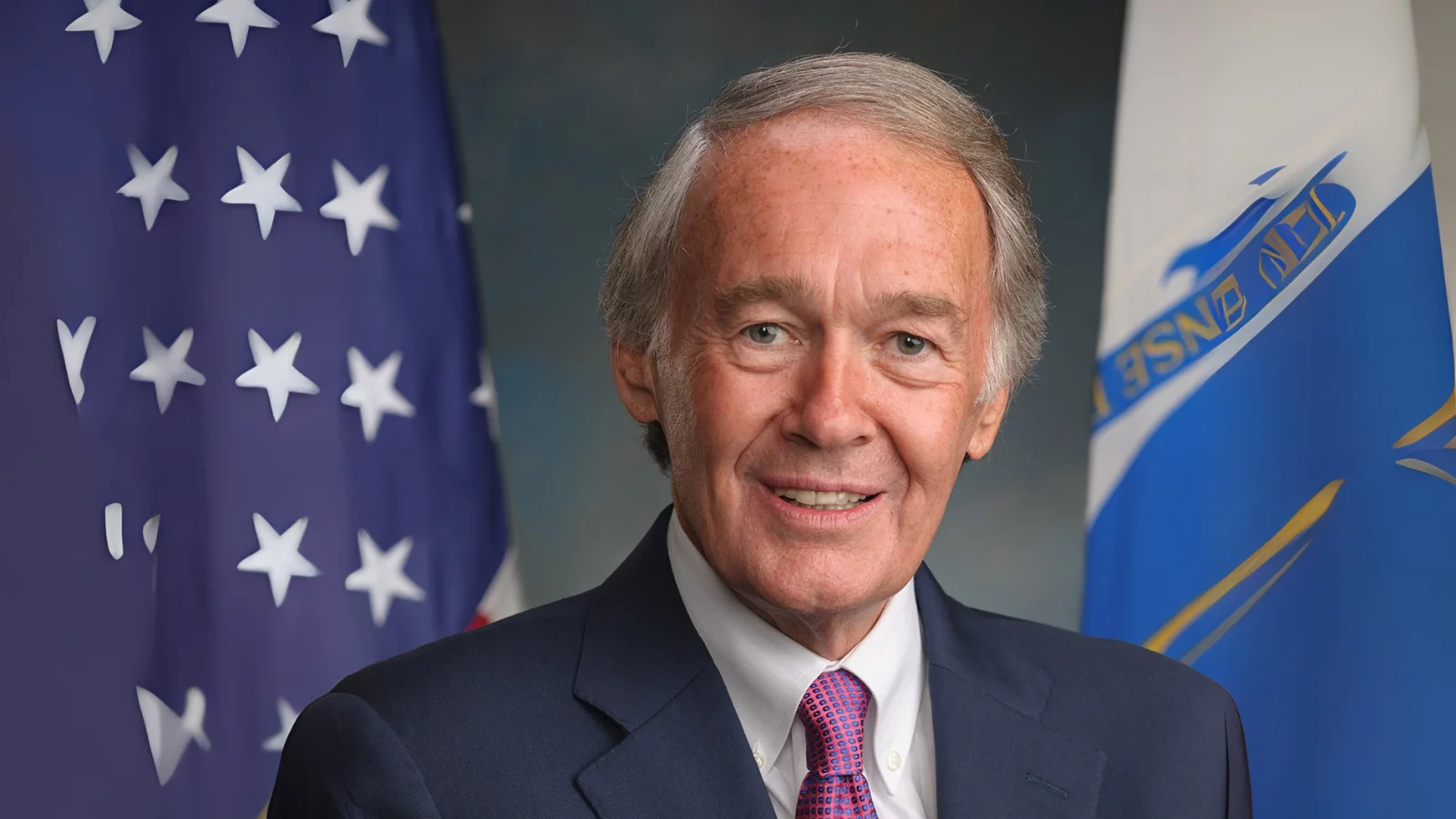Small business owners, universities, and a former Trump administration official have voiced support for a one-year extension of the Small Business Innovation Research (SBIR) and Small Business Technology Transfer (STTR) programs. Ranking Member Edward J. Markey (D-Mass.) released new analysis indicating that a lapse in these programs would negatively impact small businesses and the broader American innovation ecosystem.
Earlier this month, the House of Representatives unanimously approved a bipartisan one-year extension to the SBIR and STTR programs. This measure aims to maintain federal funding for small businesses engaged in research and development. Senator Markey has advocated for prompt Senate approval of the extension.
“The SBIR and STTR programs have bipartisan support because Congress recognizes the critical role innovative small businesses play in meeting federal research and development needs. A lapse in these programs would jeopardize over $4 billion in federal R&D funding and put thousands of small businesses and startups at risk,” said Ranking Member Markey. “In May, I released my vision for how to improve these programs, including making them permanent, extending the bipartisan foreign due diligence program, increasing data collection, strengthening commercialization efforts, and codifying efforts to reach more new entrants. A one-year extension provides Congress the time it needs to come to a longer reauthorization with program improvements. These programs have not lapsed in a quarter of a century. We cannot allow them to lapse now or American innovation will face the consequences for decades to come.”
Following House passage of the extension on September 15, letters from various groups were sent to Congress urging continued support for SBIR/STTR. In one letter, 112 small businesses stated: “This is no time to risk America’s innovation advantage. As China and other adversaries aggressively develop game-changing technologies, the United States relies on the SBIR and STTR programs to maintain our competitive position. Every dollar of Department of Defense (DoD) SBIR activity generates four dollars in follow-on (non-SBIR) research and development funding. Allowing these programs to lapse would undercut small businesses, weaken our defense industrial base, and erode our advantages in technology commercialization. By passing the one-year extension, the Senate can safeguard these programs while providing space to craft a long-term reauthorization that strengthens the programs for decades to come.”
Additionally, 150 leaders from over 100 clean energy-related organizations wrote separately asking Congressional leaders for an extension so that bipartisan negotiations could continue without disrupting stability within America's innovation sector.
University advocates—including national associations representing major academic institutions—also called on Congress to ensure continuity for researchers and small businesses during ongoing legislative changes.
A congressionally mandated panel from The National Academies studying SBIR/STTR—which includes Ellen M. Lord, former Undersecretary of Defense for Acquisition and Sustainment—supported a one-year extension as necessary protection for what they described as America’s “essential engine of innovation.” The National Defense Industrial Association also endorsed extending these programs.
###









